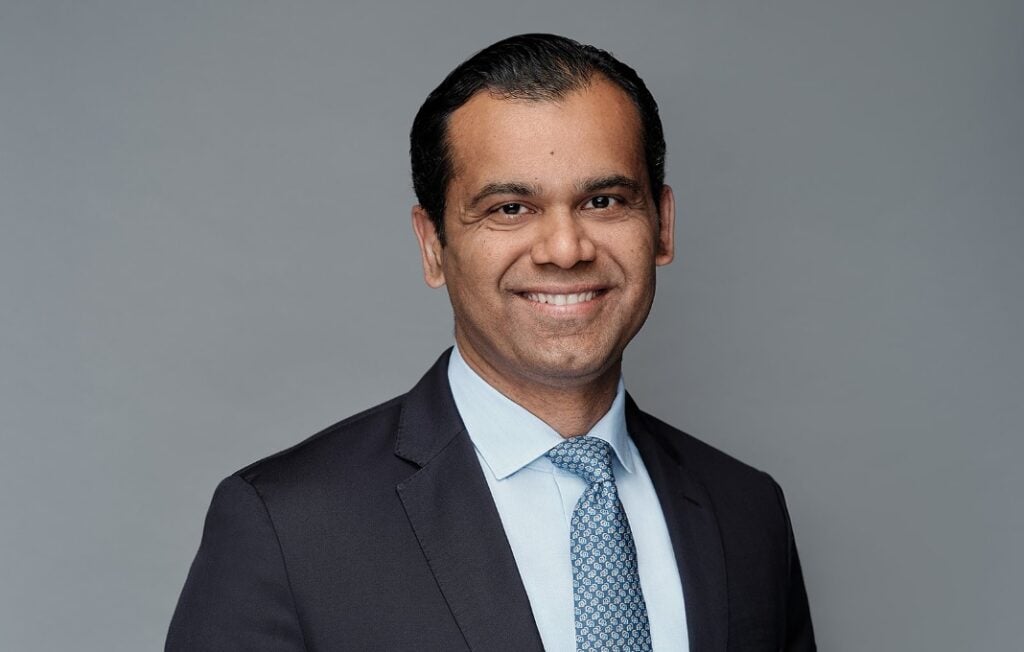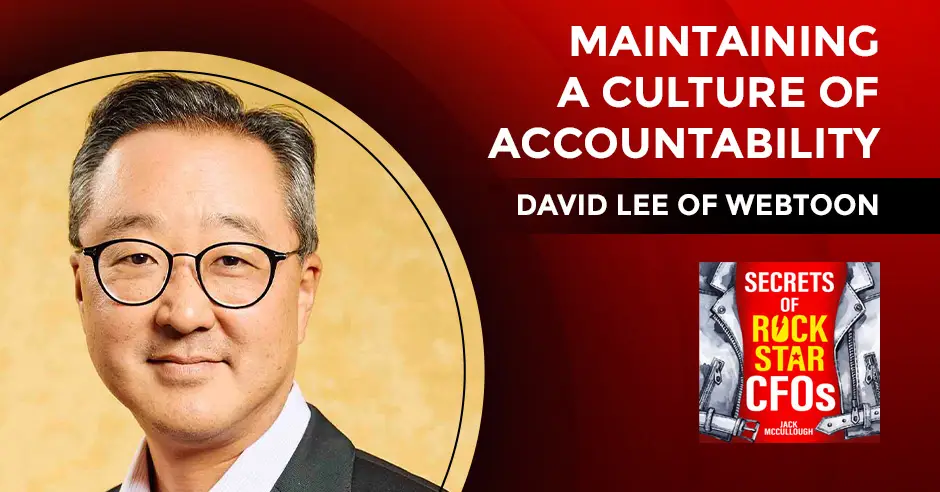Isaac Dietrich knows how to multitask.
Dietrich is the full-time CFO of Los Angeles-based Thumzup Media Corporation, creator of an eponymous app that enables users to get paid cash for posting about participating advertisers on major social media outlets.
Until April of this year, Dietrich was simultaneously the full-time CFO for Greenwave Technology Solutions, a recycled metals supplier based in Chesapeake, Virginia.
“Definitely the most challenging period in my life,” he says.
The stress didn’t affect his ability to get results. Under Dietrich’s stewardship, Thumzup listed on Nasdaq in October 2024, ringing the opening bell the next month. His guidance also contributed to a rapid scaling in operations that connected with new markets, enabled expanded platform functionality, and set the stage for strategic social integrations beyond Instagram to include X and TikTok.
First, the big question: How did you handle working full time as CFO of two companies?
Working 80-plus hours a week ensuring accuracy for both a rapidly growing tech company and a scrap yard chain with 14 facilities in Virginia, North Carolina and Ohio generating $35 million in annual revenue—definitely the most challenging period in my life.
Most people work decades to become a Nasdaq CFO and I’m grateful for the incredible team that allowed me to gain this experience.
How do you measure Thumzup’s success for monetization and scalability?
At Thumzup, we measure success by our ability to create a robust, self-sustaining ecosystem that democratizes access to social media branding and marketing. Much like Uber and Airbnb, our strategy centers on building density within our target markets—focusing on onboarding a critical mass of businesses before fully capitalizing on monetization opportunities.
The rationale is straightforward: Once a market reaches a tipping point of listed businesses, user adoption naturally follows. This density fuels organic growth, with virality acting as the engine driving monetization and scalability.
Financially, we track metrics like the number of active businesses, user engagement rates and retention to gauge market penetration and long-term revenue potential. Strategically, we measure our progress by how effectively we empower small and medium-sized businesses to compete in the digital advertising space, making high-impact social media marketing accessible to all.
Can you discuss some emerging areas within corporate finance that are worth watching in the advertising sector?
Corporate finance is evolving at an unprecedented pace, with automation and AI paving the way for real-time or continuous auditing, streamlined decision-making and more strategic allocation of resources. This trend is particularly impactful in sectors like advertising, where near-instantaneous feedback loops are transforming the way campaigns are analyzed and optimized. The ability to track performance metrics in real-time allows companies to adjust spend dynamically, maximizing ROI while minimizing inefficiencies.
Beyond advertising, these innovations are reshaping corporate finance across industries. Predictive analytics and blockchain for secure transactions are becoming critical areas to watch. These advancements underscore the shift from finance as a back-office function to a forward-thinking, strategic driver of growth and adaptability. Staying ahead in this space requires a commitment to leveraging technology, fostering cross-departmental collaboration and maintaining a keen eye on emerging trends.
What are some key takeaways you’ve learned throughout your career as a finance professional?
One of the most important lessons I’ve learned throughout my career is the power of humility. No matter how seasoned or experienced you become, there’s always something to learn from those around you—whether they’re peers, mentors or even junior team members. True growth comes from being open to diverse perspectives and embracing the idea that expertise is everywhere.
Remaining curious, adaptable and willing to learn ensures that you not only evolve as a professional but also foster a collaborative and dynamic environment where everyone thrives.
How do you think the role of a CFO has evolved over the years? Any advice for young professionals newly entering the field?
The role of a CFO has transformed significantly over the years. It’s no longer about simply managing numbers or acting as the “bean counter.” Today’s CFOs are strategic partners, driving growth, shaping organizational strategy and enabling the success of every department.
Whether it’s navigating capital raises, optimizing sales commission structures or guiding high-level board strategies, the modern CFO’s responsibility is to foster efficiency and innovation across the entire organization.
For young professionals entering the field, my advice is to cultivate a deep understanding of business operations beyond finance. Build strong relationships across departments, embrace data-driven decision-making and stay adaptable to emerging technologies and market trends. The CFO role demands not just financial acumen but also strategic vision and leadership.








